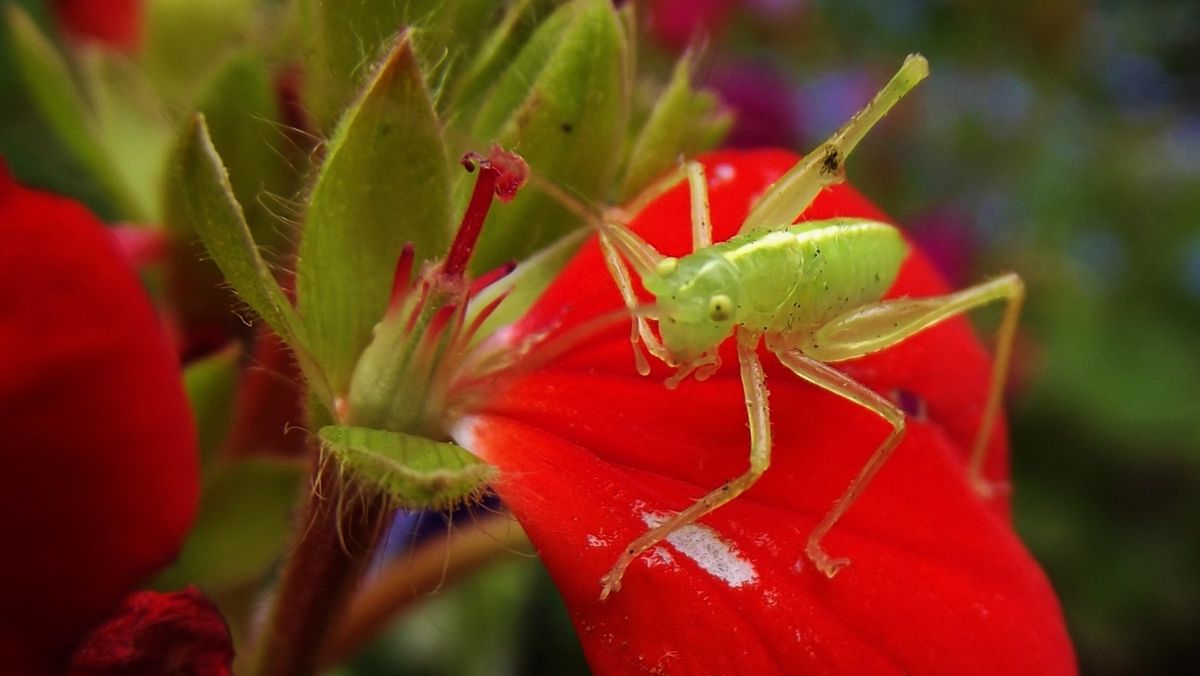While not an ordinary part of the cuisine of the United States, insects are a common food source for millions of people around the world. It might be time Americans reconsidered their lack of bug-based eating, though, as scientists continue to discover a variety of health benefits to eating insects.
Nutritional value varies depending on the insect, the stage of its development, and how it is fed or processed, but many include all the essential proteins needed for human nutrition, including those absent in plant-based diets. Fiber has gained attention as a particularly beneficial nutrient in insects because many similar sources of protein from the animal world are low in fiber.
Researchers at Colorado State University and the University of Wisconsin have identified chitin—which forms insects’ hard exoskeleton and can also be found in their respiratory systems—as a substantial source of fiber. Indeed, many insects have higher fiber contents than notoriously fibrous foods like beans or peas. For example, cricket nymphs contain about 22% crude fiber while dry black beans only contain about 4.2%.
Furthermore, insect chitin and some of its chemical derivatives may be used by beneficial bacteria found in our intestines. These bacteria could help in combating a number of wide-reaching health issues such as Irritable Bowel Syndrome, by increasing the number of bacteria that regulate immune function and reduce inflammation. The scientists involved in this project stress that more information is needed to speak to the exact benefits of incorporating insects into our diet, but with few known downsides, the future of insect eating has never been brighter.










